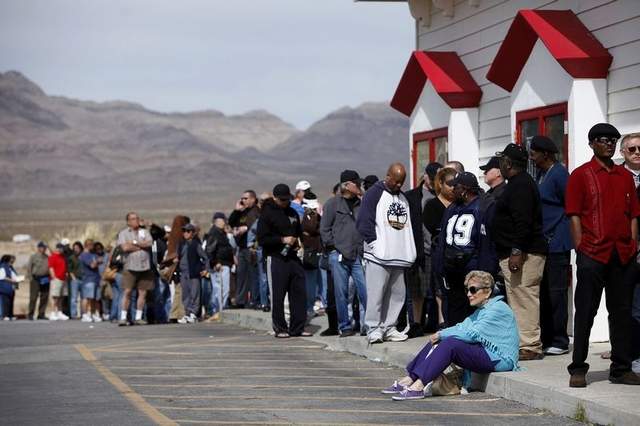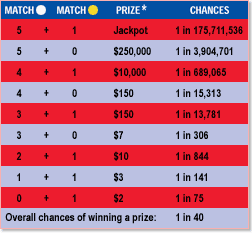(No, this isn’t a call to eschew big corporations for mom-and-pop shops. You don’t know us very well, do you?)
“If you spend 15 minutes a year studying the economy, that’s 10 minutes too much.”
-Peter Lynch
Three above-the-fold headlines from this week’s financial news:
Spain might default on its debt, requiring yet another bailout from the European Union, which would threaten the stability of the euro and perhaps result in the reinstatement of the peseta.
New Jersey’s ex-governor Jon Corzine can’t explain why someone transferred money out of customer accounts in the final days of MF Global, the firm he ran for a year and a half before it fell into a bankruptcy of historic proportions and he quit.
Retail sales increased .8% in March. So for every dollar you spent in February, you spent a dollar and 4/5 of a penny in March. (Of course the population also increased over that month, while inflation increased too, meaning that your spending is close to unchanged in real dollars.)
What does any of that mean to you? Nothing.
Just like most of the non-financial headlines (“Amanda Bynes Gets DUI”, “Scientists Find Connection Between Diet, Weight”, “Some Chick Casts Aspersions on Ann Romney”), the financial headlines are there largely to take up space. Legitimately important financial items – this county to increase its sales tax rate, this state to float bonds it won’t be able to cover – get buried because they’re even more mundane than the stuff that makes it to the headlines.
Look at those above examples. The first one’s crucial only if you’re Spanish, Andorran, or Gibraltarian. The second one is intriguing because it involves a semi-famous politician who first derived fame for being rich. The third one is obligatory, like the weather. The Department of Commerce releases the data, the financial media feels obligated to report them. It doesn’t matter if the data are meaningful or mundane. That .8 could have been almost anything – .7, -.2, 0 – and the toner-stained wretches who write the copy would have reported it with the same austerity and import.
The point of all this is that you first need to take care of your own business. Granted, that’s harder to do when the government confiscates more of your money and spends future generations’ inheritances to buy shiny new toys, but look at what you can control:
- What you spend your money on
- What you finance
- Where you invest
- What seemingly obligatory roadblocks you throw in your own path, just because society recommends them and you’re a sheep
- Where you choose to live, to the extent that each jurisdiction has different tax policies and different costs of living.
Say it again. Take care of your own business. The corollary to that is to let other people do the same thing. If everyone followed this easy directive, the world would be something approaching perfect.
Complaining about financial events beyond your control is worse than pointless, it’s counterproductive. At least some economically meaningless activities have a non-economic benefit. For instance, this NBA game we’re watching right now has little impact on us. It features two unremarkable teams counting down the days to an early summer vacation (Detroit and Minnesota). We don’t know any of the 24 players personally. We’re not breaking down the game film because we have to play one team or the other next week. No, we’re just enjoying the artistry and the competition, and wondering if Greg Monroe should have spent another year in college.
So yeah, watching a basketball game has some purpose. Reading (and by extension, fretting over) the financial headlines has no purpose. It’s just a way to cause yourself irrational hope, or possible pain and discomfort.
Which isn’t to say that you should never read the financial news. Especially if you’re new to this. If anything, just being immersed in the environment will give you greater proficiency in the jargon. It’s like learning Italian by moving to Naples and listening to other people talk. The content of the dialogue is less important than the form. By reading the financial news you’ll be exposed to some concepts and phrasing that you wouldn’t otherwise have. Once you get good at this, you can separate the worthwhile news from the worthless.
(Note: it’s almost all worthless, which means it’s just like any other compendium of information. Google’s stated purpose is to organize and make available the world’s information, which is laudable, but how much of it do you actually use? Significantly less than 1%, of course.)
In conclusion: The micro > the macro. The greatest determinant of your financial health, present and future, isn’t the Spanish Public Treasury. Nor is it an odd-looking man who flushed hundreds of millions of customers’ deposits down a toilet. Nor is it the miniscule increase in the money your neighbors spent last month. Your financial health is dictated by you more than it is anyone else.
(And if that’s not a commercial for The Greatest Personal Finance Book Ever Written, nothing is.)
This article is featured in:
**The Carnival of Financial Camaraderie #31-Lend a Helping Hand**





